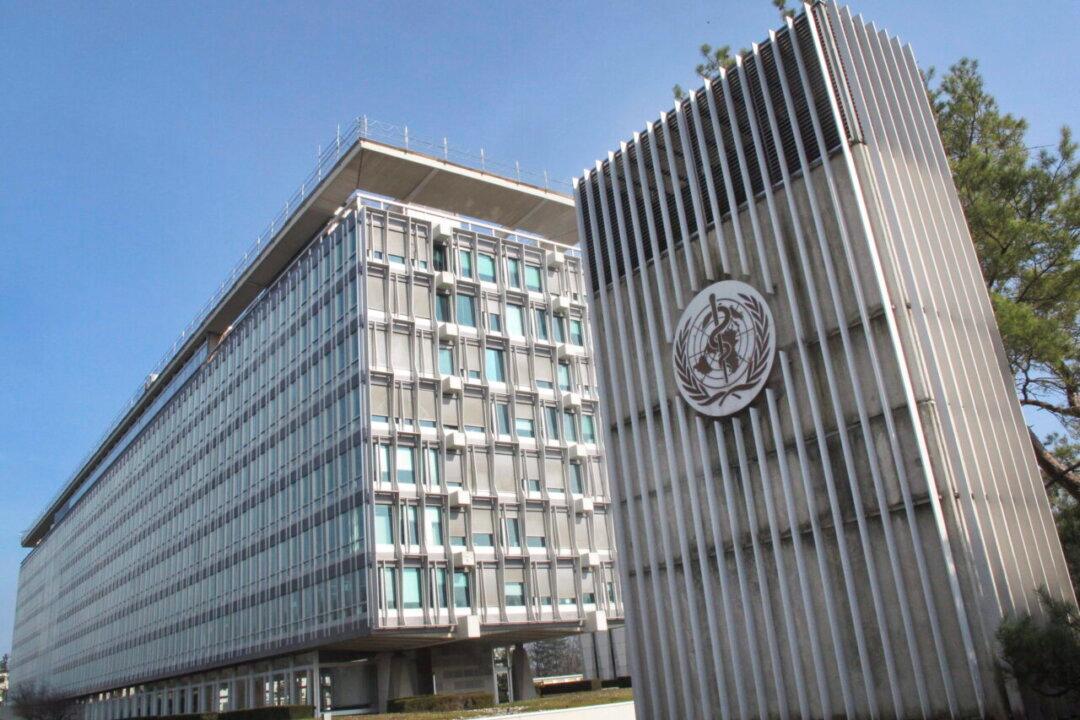The Trump administration will redirect funds dedicated to aiding other countries in their combat with COVID-19 to organizations other than the World Health Organization (WHO) after it lost its credibility for failing to properly alert the world about a possible health emergency caused by the spread of the CCP (Chinese Communist Party) virus, commonly known as novel coronavirus.
“We spend almost half a billion dollars with the WHO,” said Robert O'Brien, the national security adviser to President Donald Trump in an interview with NPR.





